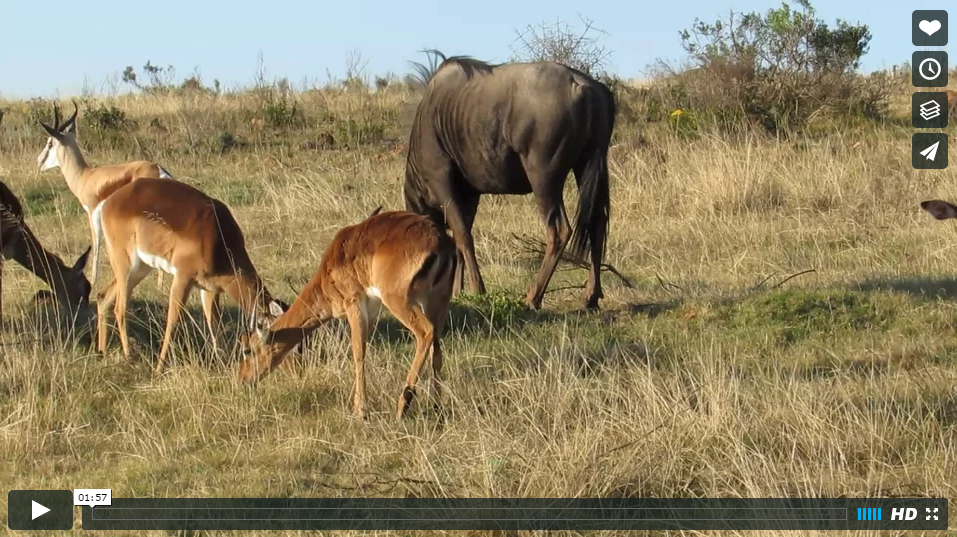The Wildlife Conservation Program is focused on giving students the experience necessary to be able to work on a wildlife reserve. Students are exposed to the daily running of reserve projects and will assist in conservation initiatives set out by the game reserve. The program commences on the first of every month with arrival day spent at leisure, taking time to explore Mossel Bay and adjust to the surroundings. The second day of the program is allocated for orientation with team and project introductions as well as more information pertaining to daily tasks and schedules, day three in South Africa signifies the first day in the field. Each weekday morning students travel to the reserve to complete training and reserve projects, however, Fridays are set out for lectures and workshops which will take place in town and not on the reserve. Weekends are set aside for leisure time that will be spent in the coastal town of Mossel Bay, where students are free to explore the town and take advantage of the local culture and tourism activities. The duration of the program is one calendar month, however, stays for up to six months are available.
The initial portion of the program will be focused on High Profile Animal Training, reserve safety, bush survival, and wildlife ethics. The goal of this training is exposure to various conservation, approach, and behavioural reading methods to ensure no disturbance on the part of humans towards wildlife. Focusing on ethics and the safety of both humans and the animals being approached, participants learn how to effectively work, approach wildlife, and survive in the bush with methods on foot and in 4x4 vehicles. The skills gained will allow for safe participation for the remainder of the program as well as in any future endeavours in the wildlife conservation industry.
Activities:
- Bush survival skills
- Tracking and reading animal signs
- Dangerous game approach methods
- Assist in conservation and wildlife management
- Examine status of endangered Cape leopard population
- Non-invasive wildlife approach methods
- Ethics and safety of both humans and wildlife
- Work in the wilderness both on foot and vehicle
- data collection, entry and analysis
- Experience in wildlife conservation projects
During this part of the program students will be involved in various conservation initiatives and projects within the game reserve. Projects and initiatives are based on previously founded ecological and cognitive knowledge to better improve the welfare of current and future wildlife in Southern Africa. Students assist in all aspects of current reserve needs regarding projects and daily operations. Primary student work will be dedicated to assistance within wildlife management regarding various long term projects. Participation with this program allows for better understanding of careers in wildlife conservation to ascertain whether the industry is the correct choice as a career for students.
For more information about fees, please visit: http://www.wildlife-research.com/rates.html
Interested in taking part? Please email bushcamp@wildlife-research.com for the program placement application form


